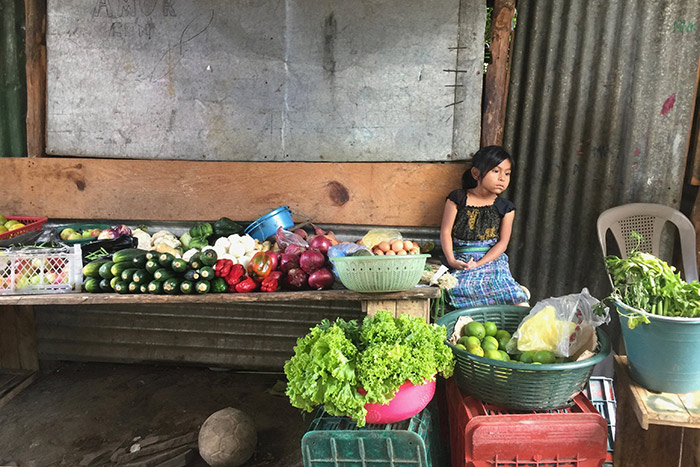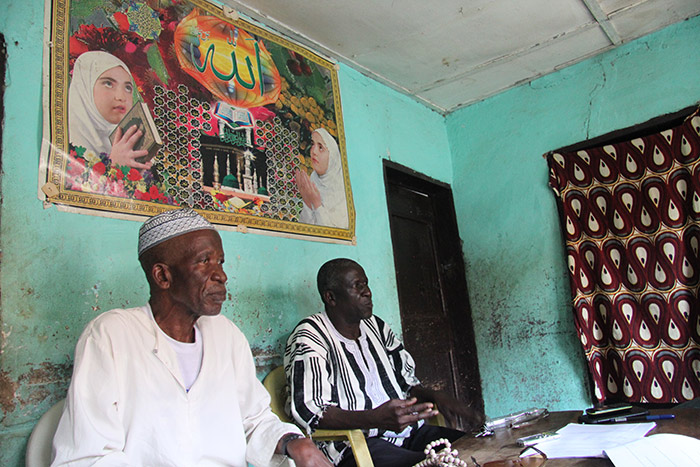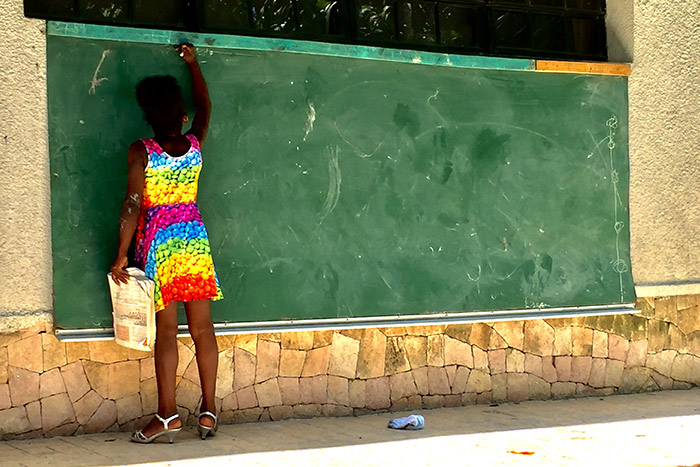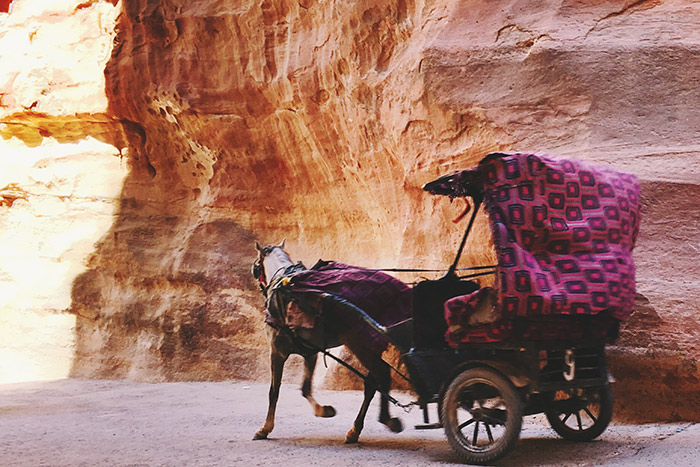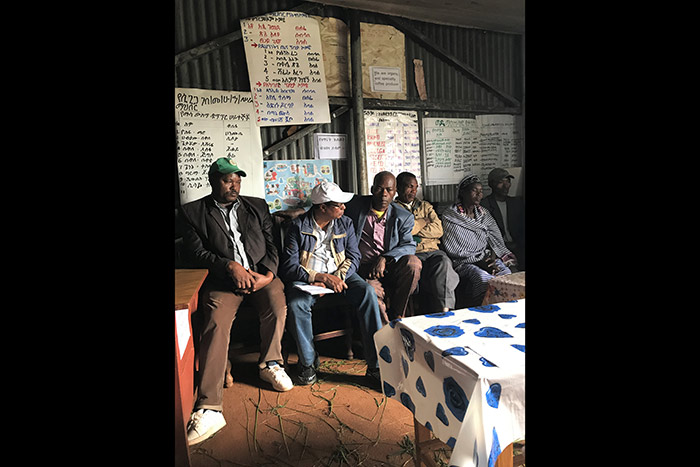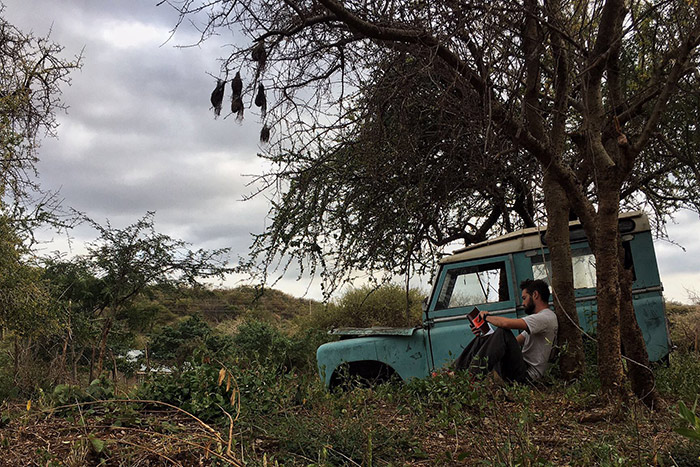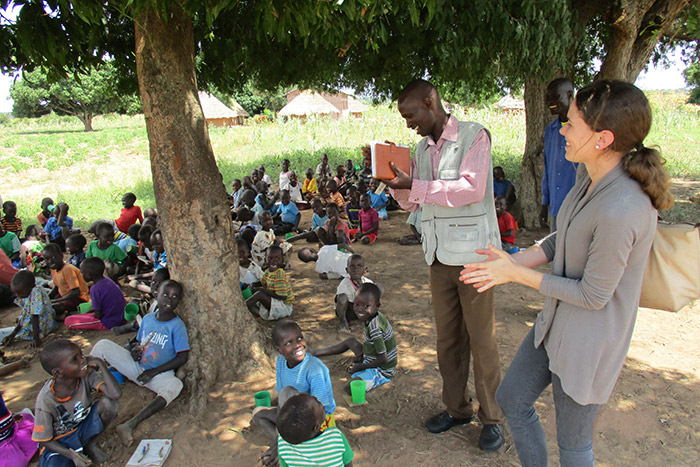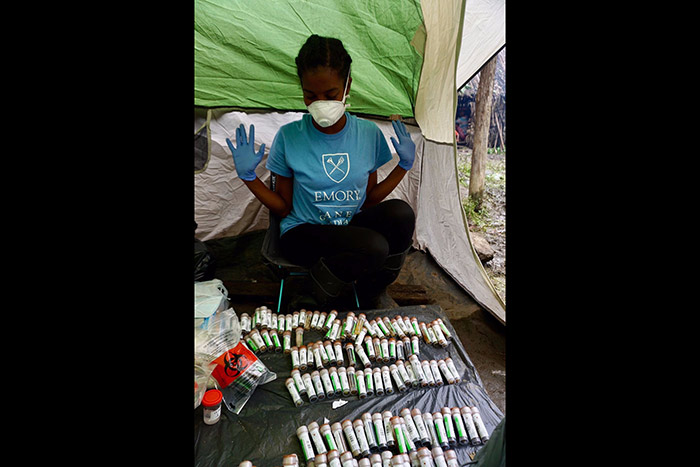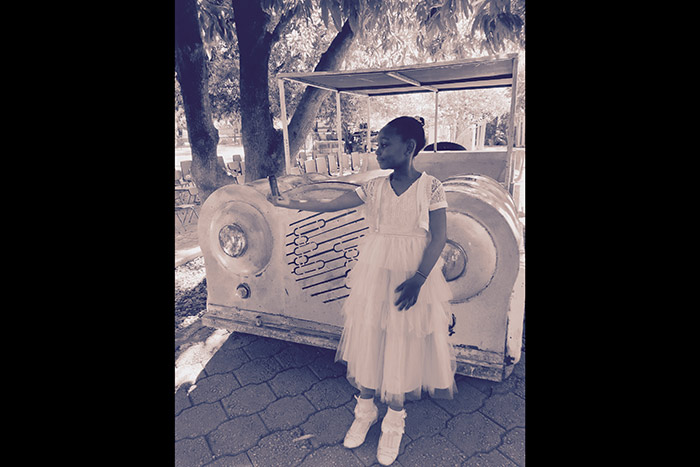Students in the Master’s of Development Practice (MDP) program at Emory perform months-long fieldwork in locations around the world, gaining insight on issues including public health, economic development and human rights by living and working with varied populations.
These experiences also give them an intimate look at life and work in other countries that they share with the Emory community through the annual MDP Photo Contest.
This year, contest winners captured images from Africa, Central and South America, the Middle East, Madagascar and Haiti that illuminate their experiences and show firsthand the impact of their work.
The contest was begun by Carla Roncoli, director of graduate studies for the MDP program, who is herself an avid photographer. The contest is sponsored by the Laney Graduate School.
Participants must be current MDP students and photos must be taken in the course of the field practicum during the summer preceding the photo contest.
“Having a photo contest gave the program and the students a unique way of showcasing the work and the communities they are in for field practicums,” says Dr. Hilary King, a sustainable development fellow in the MDP program.
This year, two-thirds of the students in the program participated in the contest, submitting 250 photos in the categories “My Vantage Point,” which depicts people, places and events that students encounter during their fieldwork, and “Our Field Experience,” which demonstrates students engaged in the field. An “Audience Choice” winner was also chosen during a recent reception honoring the winners.
The Emory MDP is a professional degree program offered by Laney Graduate School for students interested in the work of humanitarian and relief organizations, combining rigorous coursework with extensive, hands-on fieldwork. International field practicums, which are conducted over two summers, “are probably the centerpiece of the program," Roncoli explains.
Photo entries this year were judged by professional photographers, development practitioners and communications professionals.
2017 contest winners:
My Vantage Point
First place (tie): Maria Guzman
Guzman assisted CARE's Multiplying Impact team with monitoring and evaluation support for CARE's country office in Guatemala. She also assisted with strategic planning for CARE's Guatemala 2020 vision and mission. In addition, Guzman conducted impact training for CARE staff in Lima, Peru, and Quito, Ecuador.
First place (tie): Billy Rice
Rice went to Liberia to work with the Carter Center. He conducted research on customary legal practices in an effort to compare traditional judicial systems with statutory law. He met with traditional leaders and others in rural Liberia to conduct interviews in hopes of enhancing the harmonization of Liberia's dual justice system.
Second place (tie): Sam (Samantha) Friedlander
Friedlander spent the summer in Port-au-Prince, Haiti, working as a communications intern with Partners in Health, a public health nonprofit organization focused on providing free health care to those living in poverty. Friedlander gathered success stories, created internal presentations, and researched and wrote a keynote speech for the 2017 Water and Health Conference at the University of North Carolina.
Second place (tie): Andreina Cordova
Cordova worked with CARE Jordan's Monitoring and Evaluation program to develop strategic qualitative and quantitative tools for data collection and analysis. Among her many responsibilities, she provided regional training to Jordan, Egypt and Syria on CARE’s Project and Program Information and Impact Reporting System (PIIRS), which is used to evaluate CARE's 25 global indicators.
Third place: Rachel Lastinger
Lastinger spent the summer with World Vision Ethiopia serving mainly on the Resource Development team, assisting in grant proposal writing. She also worked with a grant project, Empowered, Educated Ethiopian Youth (E4Y), to analyze participatory tools used to address gender inequality and girls’ dropout rates from school. She trained staff to conduct the qualitative research and the findings were used to develop a best practices guide and research report that offered recommendations on how to incorporate the topic of early marriage into the tools.
Our Field Experience
First place: Tyler Breen
Breen undertook a field practicum consultancy with the International Center for Tropical Agriculture. His work focused on developing a report analyzing the feasibility of various projects under the World Bank Kenya Climate Smart Agriculture Grant. Project analysis focused on water infrastructure, milk/meat value chain strengthening, reforestation, anti-erosion and pasture availability. Breen conducted interviews with women's groups, a community rotating credit union and small-holder agricultural workers, as well as milk and meat producers. He also conducted geo-spatial analysis of environmental variables impacting agricultural and agro-pastoral productivity.
Second place: Katie Grover
Grover worked with Habitat for Humanity International as a communications associate with Habitat for Humanity Uganda. Based in Kampala, Grover provided communications support to motivate increased donor engagement. This work included launching a quarterly letter, designing a website homepage, and documenting family success stories. She also developed a partnership assessment tool and used the tool to analyze a potential partnership for Habitat Uganda’s vulnerable groups program. In addition, Grover traveled to Kenya to conduct a site visit for Habitat’s volunteer and institutional engagement department.
Third place: Sarah Durry
Durry spent the summer conducting research in Ranomafana, Madagascar, with Emory’s Department of Environmental Science in collaboration with Center ValBio in Ranomafana. The overall goals of the research are to identify the traits of pathogen communities, social economics, behavior and ecology that best predict diarrheal disease in children. Durry helped administer household surveys as well as collect more than 1,000 fecal samples from humans, livestock and mouse lemurs for analysis.
Audience Choice: Sam Friedlander
In addition to her communications work with Partners in Health, Friedlander also spent time living at Zanmi Beni, a children’s home founded by the organization following the 2010 Haitian earthquake.

